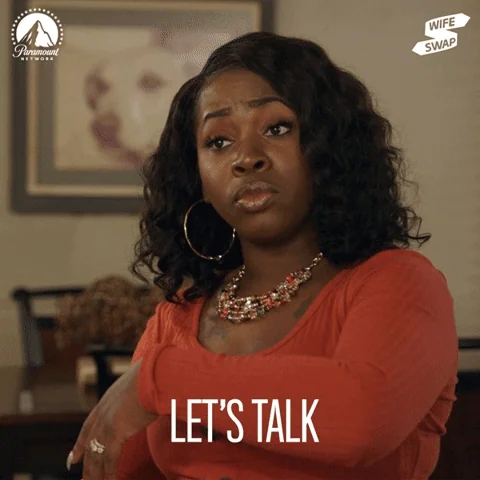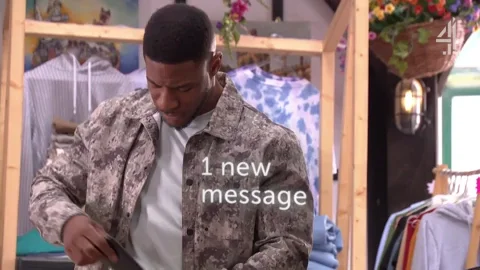
Christian just received a text from his friend Ashley.
"Can we talk? I’m having a really hard time with something, and I don’t know what to do."
Christian’s mind is racing as he’s not sure how to respond.

"Should I give advice? Should I just listen? What if I don’t know what to say?"
In situations like these, motivational interviewing skills can help you support your friends in a helpful and thoughtful way.
What is motivational interviewing?
Motivational interviewing is a set of techniques that clinical therapists use to help clients who are considering making changes in their lives.
The good news: anyone can use basic motivational interviewing skills to have better supportive conversations with friends.
Motivational interviewing consists of four basic practices:

O — Open-ended questions: Asking questions that require more than a yes or no answer.

A — Affirming: Being supportive, encouraging, and acknowledging that you care about a person.

R — Reflective listening: Listening to understand rather than listening to prepare your response.
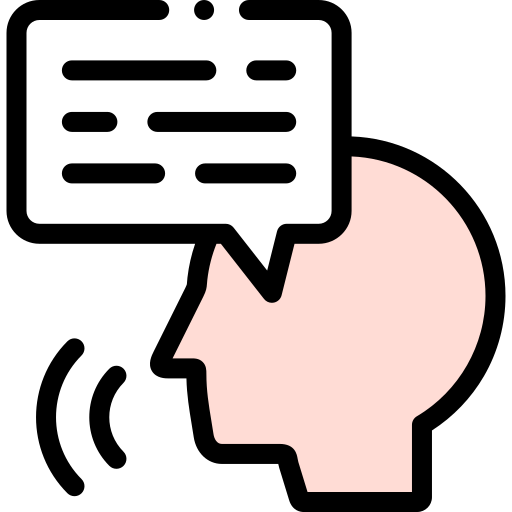
S — Summarizing: Repeating or paraphrasing back to someone what you heard them say or describe.
An easy way to remember these four skills is the acronym "OARS".
 Photo by Nick Linnen on Unsplash
Photo by Nick Linnen on UnsplashO: Open-ended questions
Starting a conversation with a friend with open-ended questions can let them know that you are curious about their concern and want to help.
Open-ended questions also encourage your friend to do most of the talking and help you to get a better sense of their situation.
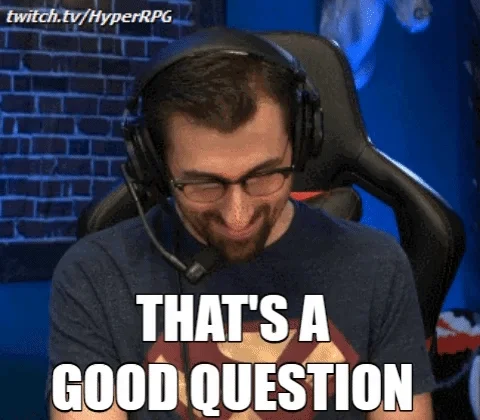
Some example open-ended questions could be:
How long has this been bothering you?
What's the most challenging thing about this?
What would you change about this situation?
How is this situation making you feel?
How would it feel if things were different?
Have you told anyone else about this? Who?
Quiz
Which of the questions below are open-ended questions? Select all that apply:
A: Affirming
As the conversation goes on, it can be supportive to provide affirming statements to your friend.
Affirming statements can be anything you say that acknowledges your friend's strengths or recognizes the emotions they're expressing.
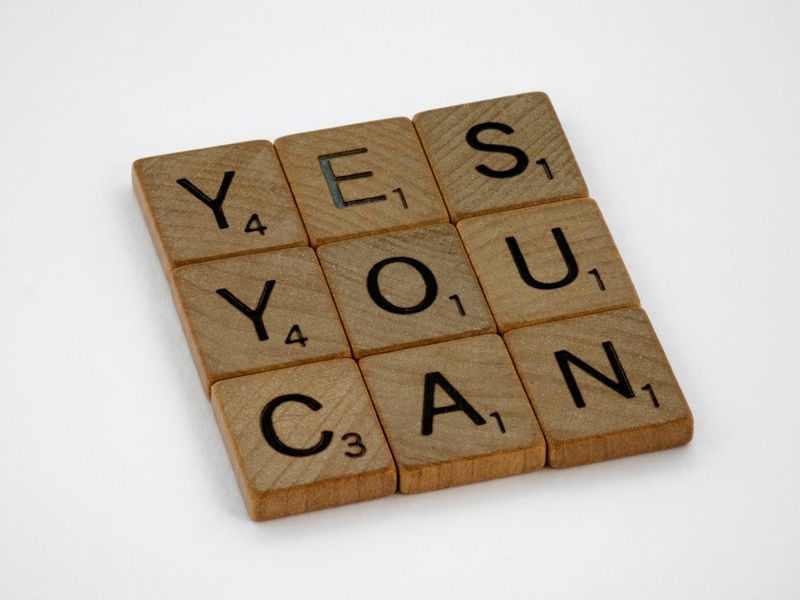 Photo by Brett Jordan on Unsplash
Photo by Brett Jordan on UnsplashSome affirming statements could be:
It sounds like this is really hard, but you haven't given up.
You've given this a lot of thought. It sounds like this matters to you.
I've seen you be a good problem solver. I wonder how that could apply here?
I can understand why this is stressful for you. It sounds like you have a lot on your plate.
R: Reflective listening
How many times have you been in a conversation and gotten the feeling that the other person wasn't listening to you, but rather they were just forming their response in their heads?
Reflective listening can be the most challenging of the OARS skills, as it requires you to listen to understand your friend rather than thinking of your own response.
 Photo by Vince Fleming on Unsplash
Photo by Vince Fleming on UnsplashThe goal with this motivational interviewing skill is to help your friend hear what they're saying and encourage reflective thinking.
Think of reflective listening as holding up a mirror to your friend. Reflective statements invite them to confirm what you heard them say, to clarify anything they said, or to elaborate and go deeper.
Some example reflective statements/questions could be:
It sounds like you're feeling...?
You're wondering if...?
You're thinking that...?
S: Summarizing
Reflective listening goes hand in hand with the final OARS skill — summarizing.
Summarizing is a specialized form of reflective listening, where you try to weave together the larger themes of the conversation. You can use summarizing statements when the conversation is reaching a natural transition between topics.
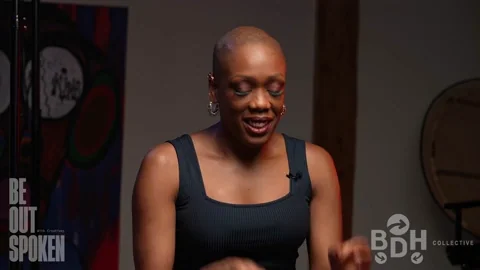
Some example summarizing statements/questions could be:
Based on what you've shared so far, it sounds like the common theme is...?
What I've heard you saying is...Is this right?
You just shared a lot there. Let me be sure I understand. Did you mean...?
So...what now?
You may be wondering what happens after you've used all the OARS skills in a conversation with your friend.
Motivational interviewing is less about persuading your friend to take a certain course of action and more about helping them to explore making desired changes in their life.
You can close a conversation with your friend by using open-ended questions to discuss what comes next or to offer a follow-up conversation.
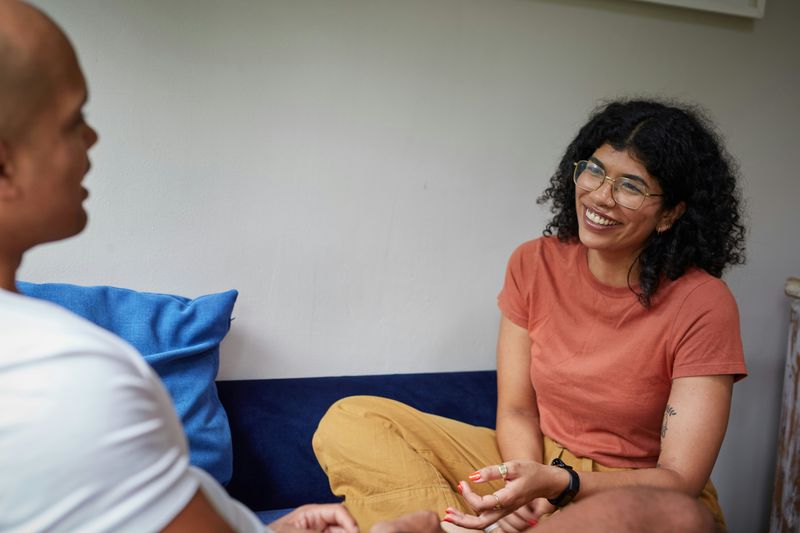 Photo by Sweet Life on Unsplash
Photo by Sweet Life on UnsplashQuiz
Which question(s) would be the best to ask to close a supportive conversation with a friend?
A. How can I help you with this moving forward?
B. Can I share some advice I received for a similar situation?
C. Thanks for sharing all of this with me. Is there anything you want to discuss more in the future?
D. Is there anyone else you may want to invite into this situation?
Quiz
Which questions/statements would be the best to ask to close a supportive conversation with a friend? Select all that apply:
Take Action
Give the OARS skills a try the next time a friend reaches out to talk!
Try these tips to make sure you feel ready for motivational interviewing:
Your feedback matters to us.
This Byte helped me better understand the topic.

